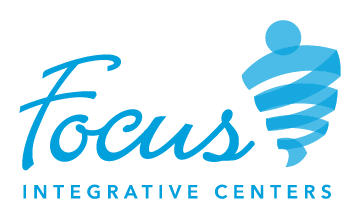Do you often have thoughts like, “I shouldn’t be eating this,“ or “I ate too much today, I need to eat less tomorrow.”? If so, you most likely have mentally restricted before. Mental restriction is exactly what it sounds like - putting limitations or shame around food you are eating in hopes to eat less.
Cognitive Distortions in Eating Disorders
So, first thing’s first… what are cognitive distortions? Cognitive distortions, a term first coined by David Burns in his 1981 book Feeling Good: The New Mood Therapy, are negative ways of thinking that are inaccurate, misinformed, and designed to increase negative feelings about ourselves, others, and the world around us. Basically, cognitive distortions are up to no good and can contribute greatly to the development of (and worsening of) eating disorders.
The Stages of Group Therapy
Group therapy has different stages. For example, the “transition stage” is just one stage and should be a stepping stone into the “working stage.” During the transition stage, members begin to express themselves and have conflict with taking risks as well as playing it safe. Group members start to open up and share more of themselves within the group setting.
Celebrating National Nutrition Month
March is National Nutrition Month! National Nutrition Month (NNM) is a campaign that invites everyone to develop healthy eating habits. But, what does “healthy” mean? This word can be a trigger to some who struggle with an eating disorder. It can also mean so many different things to different people. In the eating disorder recovery community, “healthy” means “balanced”.
Yoga: An Eating Disorder Recovery Tool
The Reason I'm Grateful for that "Time of the Month"
For many women, their monthly cycle is often the bane of their existence. Days may be spent on the couch with abdominal cramping, bloating, and just overall physical and mental fatigue. However, because of my experience with my eating disorder (or “ED”), I’ve learned to be grateful every month when Mother Nature knocks on my door (at least most of the time).
Plant-Based Diets and Eating Disorders
Harmful Myths from Diet Culture
In order to protect our mental health and keep our perspectives healthy, we need to evaluate the messages we receive from the world around us. We need a moment to ask ourselves - Is this message true? Is it helpful? Is it adaptive? In addition, sometimes we need to work backwards with this process, because there may be messages we’ve already absorbed without awareness.









